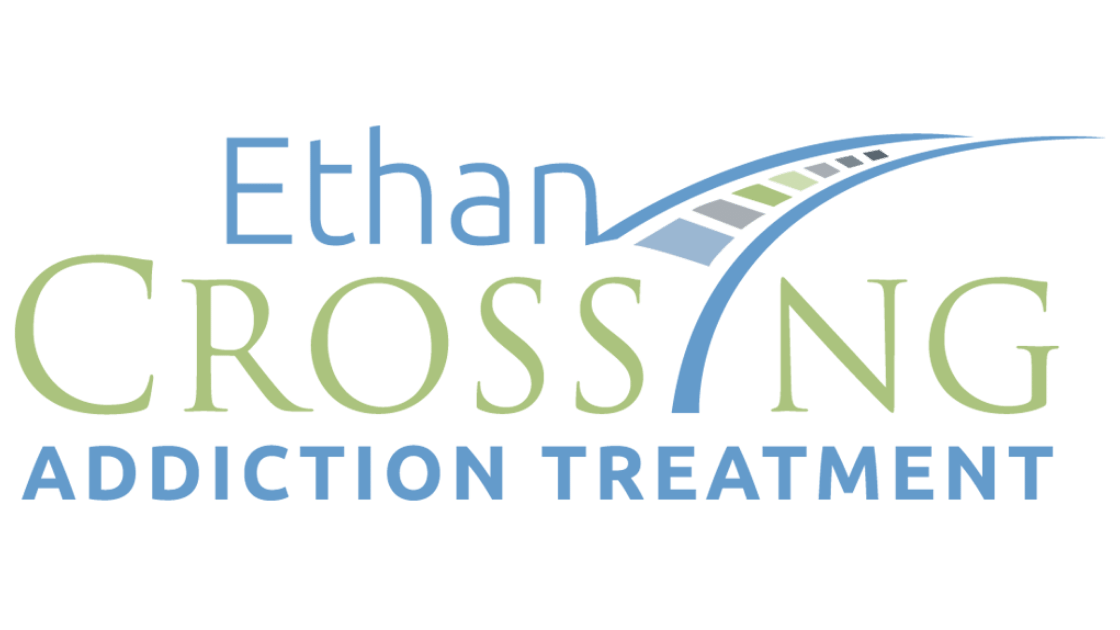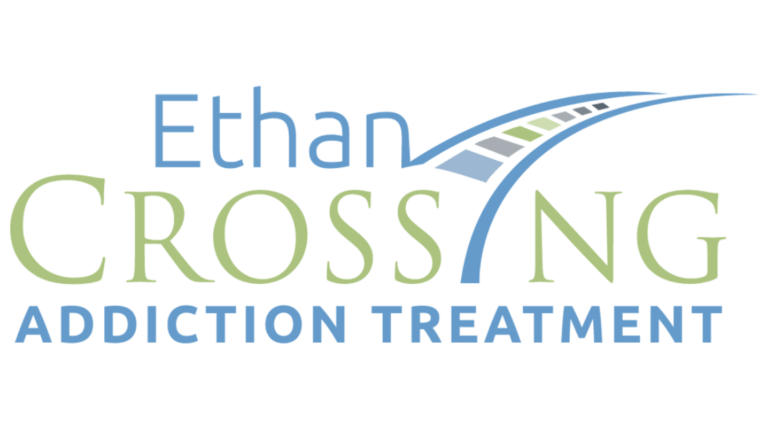Alcoholism is a chronic disease distinguished by unrestrained drinking and preoccupation with alcohol. Alcohol addiction, which is classified as a neurological disorder, can be mild, moderate, or severe. Alcohol usage can cause long-term alterations in the brain, which can lead to alcohol addiction. The good news is that evidence-based treatment with behavioral treatments, mutual-support groups, and/or medications can help persons with alcohol addiction achieve and maintain recovery, regardless of how severe the condition appears.
Jump To Section
Alcohol Rehab
Although alcohol is legal, widely used, and can seem like an integral part of American culture, it is also highly addictive. More than 14 million Americans struggle with alcohol abuse or addiction. And many of those who are caught in the cycle of alcohol addiction never reach out for help from a treatment center. However, the support and care found in a recovery center can promote successful long-term recovery. At NewVista, we offer residential addiction treatment, including a drug rehab program that helps our guests develop the tools they need to rebuild their lives.
The First Steps Is Picking Up The Phone
When someone develops a tolerance to alcohol it can be very difficult to reach out for help. The process can be scary. Many times when someone stops drinking they have extreme withdrawal symptoms and medical concerns on top of the mental habits they have developed and relief they have from taking a drink. You are not alone an admissions coordinator will have a stress free no commitment necessary conversation.
Initial Assessment
During an initial assessment, we’ll help determine what level of care would be best for your needs. You might need to go through a medically-supported detox program before beginning intensive therapy, or you might benefit from residential treatment. No matter where you are on your journey to recovery, we can help.
Alcohol Rehab Starts With Medical Assisted Detox
If you or a loved one have been struggling with alcohol addiction, you need to go for an alcohol detox. Although many know the danger of substance abuse, they find it difficult to stop. To put their life on the right track, alcohol detox is a major step in their quest to quit alcoholism.
Alcohol detox is the complete removal of alcohol from the body after the body has chemically gotten used to regular alcohol intake. Alcohol detox is very useful in helping clients get through withdrawal symptoms when they are trying to quit drinking.
Many people who are dependent on alcohol get withdrawal symptoms whenever they stop drinking. Some of these symptoms include seizures, depression, anxiety, hallucinations, insomnia, unstable changes in blood pressure and heart rate, sweating, nausea, mood swing, poor appetite, weakness, fevers, shakiness in hands, and even death.
However, withdrawal symptoms often subside in the first one to two weeks after a client starts detoxing, although this period could be extended further, depending on the severity level of the alcohol use disorder (AUD).
The basic alcohol detox process involves:
- Intake: At this stage, those in the medical team comprehensively review the client’s histories (drug and medical history) to know their current situation fully.
- Medication: Here, co-occurring disorders and general discomfort are the targets.
- Stabilization: The clients are helped to reach a balanced state of mind and body through medical and psychological therapies.
Addiction Treatment Centers By Location
All Treatment Centers: See Rehab Centers
Springfield: Ethan Crossing Addiction Treatment of Springfield
Cleveland: Ethan Crossing Addiction Treatment of Cleveland, Ohio
Columbus: Ethan Crossing Addiction Treatment Of Columbus, Ohio
Indianapolis: Ethan Crossing Addiction Treatment of Indianapolis
Alcohol Rehab Therapies
In the world of addiction treatment, there are two approaches: evidence-based treatment and holistic treatment. Evidence-based approaches to treatment involve therapies and treatment modalities that have been extensively studied. These approaches have been demonstrated to successfully treat addiction in many individuals. During your time in our substance abuse treatment center, you will spend a significant amount of time in therapy. During this time, you will build the tools you need to remain sober even after finishing your treatment program. You will also work through the underlying causes of your substance use issues, which could include mental health issues or past trauma. Some of our evidence-based treatments include:
- Cognitive-behavioral therapy (CBT)
- Dialectical behavior therapy (DBT)
- Trauma therapy program
- Family therapy program
- Group therapy program
- Individual therapy program
At NewVista, we also incorporate holistic approaches to treatment in each guest’s personalized treatment plan. Addiction affects the entire person: mind, body, and soul. We help our guests learn more about themselves and rediscover life free from alcohol addiction. yoga, meditation, art therapy, and even practices like journaling can help you heal.
Causes Of Alcoholism
Alcoholism, commonly known as alcohol use disorder (AUD), appeals to the pleasure centers of the brain, as do other addictions. When you drink alcohol on a frequent basis, your brain starts to associate it with feelings of euphoria and relaxation. The reward-system chemical dopamine is released in the brain when you drink alcohol which makes you want to drink more. It also affects serotonin, a neurotransmitter involved in mood and sleep.
Biological Factors
There are some biological factors that are known to increase your chances of being addicted to alcohol. Family history and genetics play a major role in the biological aspects of a person’s likelihood to become addicted to alcohol. If you have a parent or a close relative who is addicted to alcohol, you are at a higher risk.
Psychological Factors
Many people suffering from mental illnesses turn to alcohol to help them cope with their symptoms. Individuals with depression, bipolar disease, or social anxiety are significantly more likely to encounter substance abuse disorder.
Environmental Factors
Studies in recent years have looked into the possibility of a link between your environment and your risk of AUD. These studies show that a person’s closeness to alcohol-related establishments affects their risk of becoming alcoholics. Family wealth is also a factor. Individuals with a higher level of family wealth are more prone to consume large amounts of alcohol and develop alcohol use problems.
Social and Familial Circumstances
Many of your actions are influenced by the people in your life. The most important factor in determining whether or not a person would acquire unhealthy drinking habits is their family. Children who are exposed to alcohol abuse at a young age are more likely to develop a harmful drinking pattern. The urge to fit in and be liked may lead you to engage in things that you would not ordinarily engage in. Starting a new career or meeting new people might significantly increase your risk of becoming addicted to alcohol.
Underage Drinking
Studies have shown that if you start drinking before the age of 15, you’re four times more likely to develop alcoholism later in life. While you can start abusing alcohol at any age, beginning at a young age increases your chances dramatically.
Knowing when to seek out help from an alcohol addiction treatment program isn’t always simple. Many people drink alcohol, but not everyone ends up with an addiction to it. How do you know that you need this type of support and help? Here are a few signs:
- You’re drinking more than you used to or all of the time.
- Drinking at work, early in the morning, and alone is common for you.
- It feels impossible to get through the day without drinking.
- You drink alcohol as a way to deal with stress, frustrations, or other people.
- When you don’t drink, you feel uneasy, frustrated, and unable to focus.
Over time, addiction and dependence form. As that happens, it becomes more difficult than ever to control your intake. Many people experience difficulty maintaining daily responsibilities. They may feel as though they simply can’t “deal” with the day without a drink. Other times, addiction forms slowly, and even when a person is not drinking constantly. Just a few drinks a day to take the edge off can lead to the occurrence of addiction.
Get Treatment For Alcohol Abuse
If you’re concerned about your alcohol use or have a loved one who is struggling with alcoholism, we can help. Our treatment program at NewVista offers a wide range of tools and resources to put you on the right path to healing. Learn more when you connect with us online.











